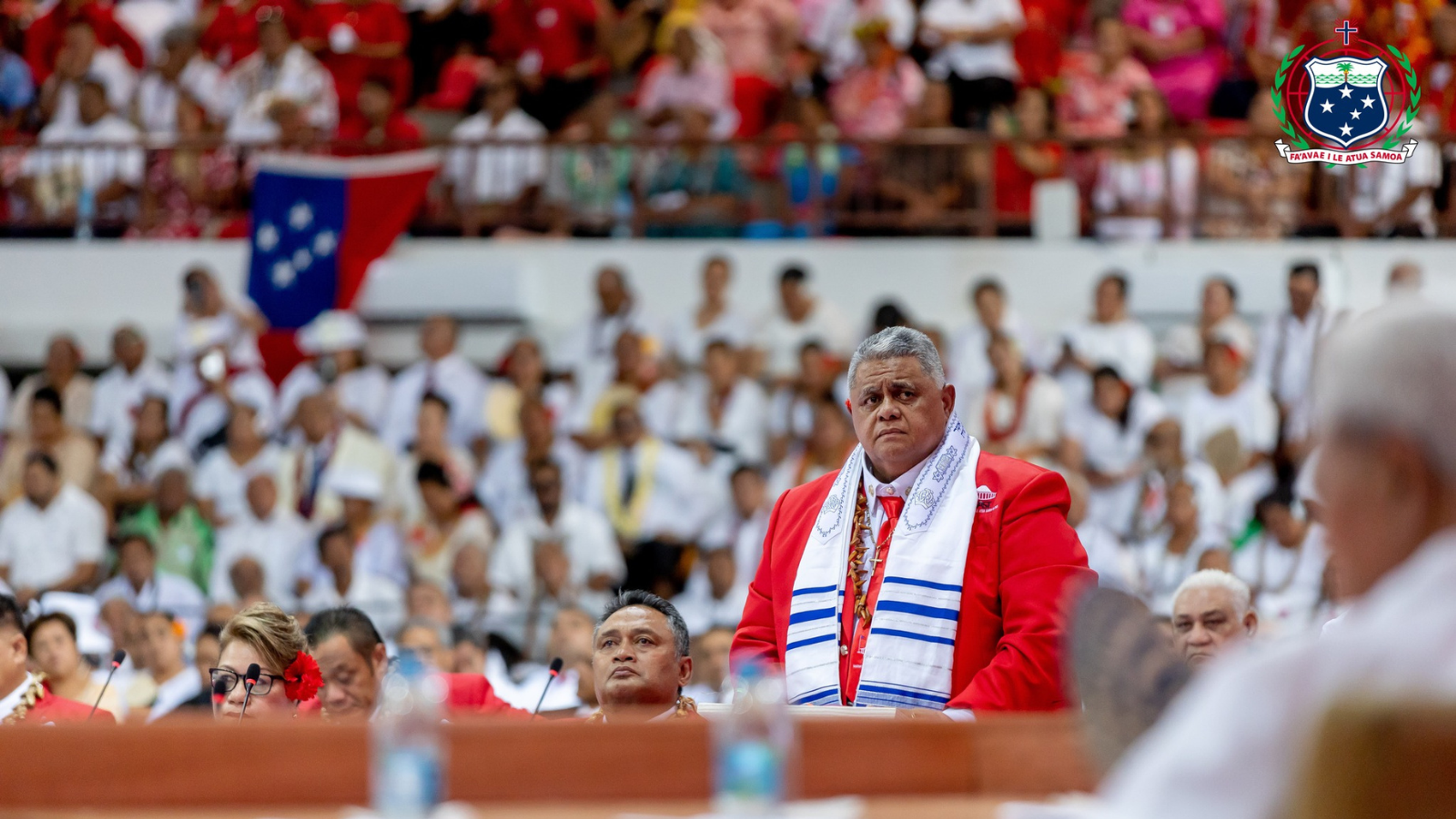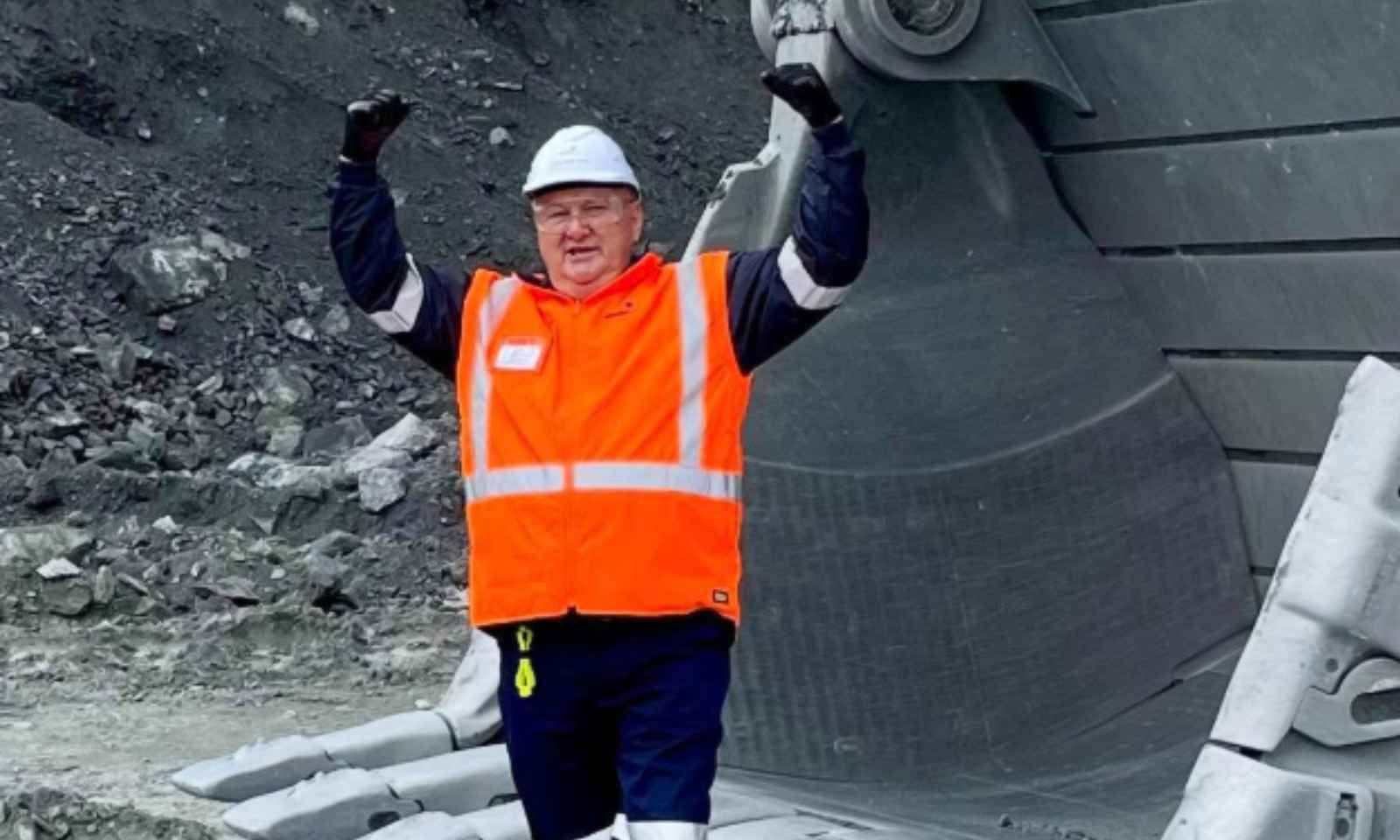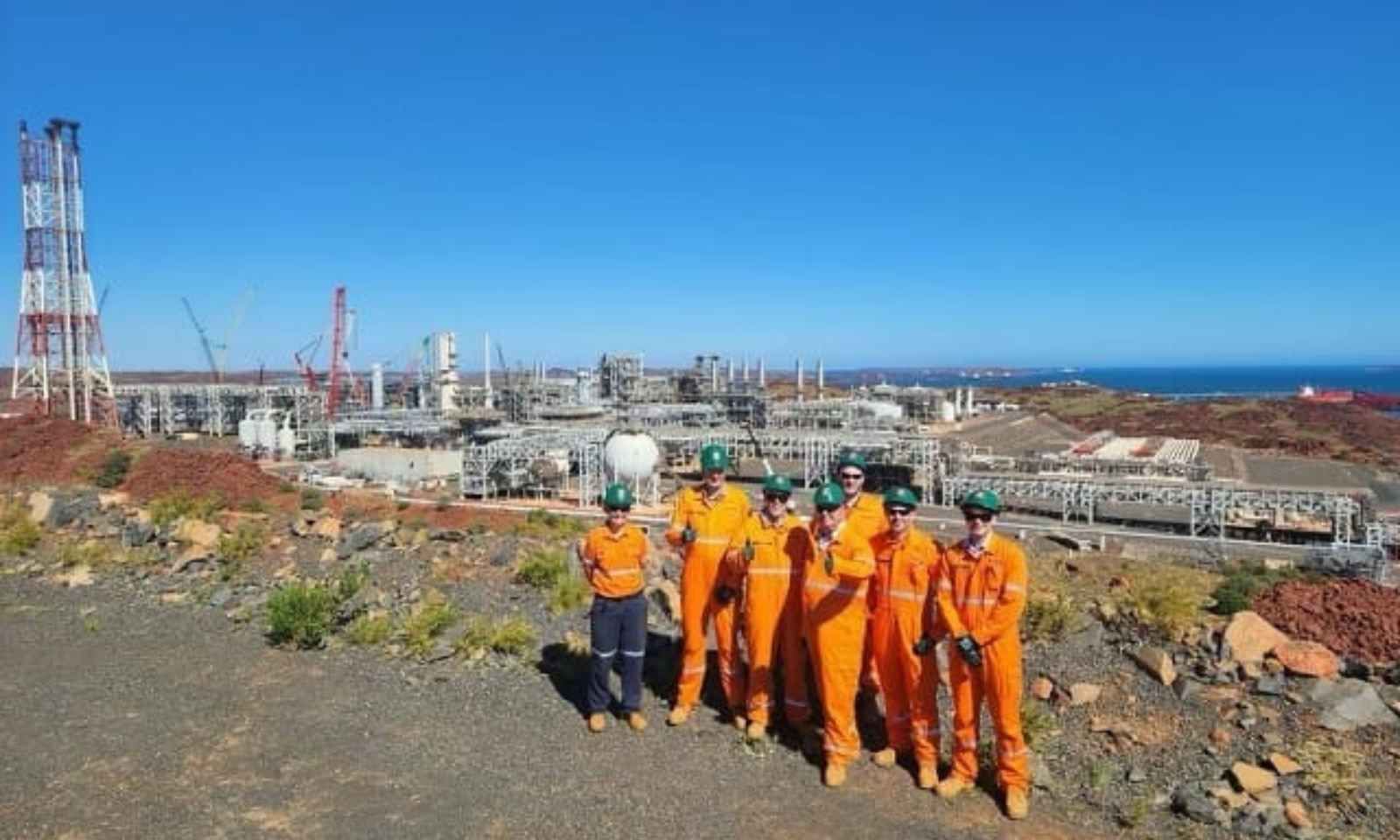

Foreign Affairs Minister and NZ First Leader Vaovasamanaia Winston Peters (left) and Green Party co-leader Chlöe Swarbrick (right).
Photo/Supplied
Pacific jobless rates fuel debate in NZ as Peters blames energy costs
Unemployment among Pasifika in Aotearoa has hit 12.1 per cent, more than double the national average.



Sāmoa’s new PM pledges unity at home and support for Israel abroad

Fiji’s social media crackdown could threaten freedom of expression, critics warn

Pellegrini hat-trick powers Tonga to win over Canada as Sāmoa have all to play for


Pacific jobless rates fuel debate in NZ as Peters blames energy costs

Sāmoa’s new PM pledges unity at home and support for Israel abroad

Fiji’s social media crackdown could threaten freedom of expression, critics warn

Pellegrini hat-trick powers Tonga to win over Canada as Sāmoa have all to play for
Pacific people in Aotearoa continue to struggle with unemployment, with figures revealing a rate more than twice the national average of the country.
New Zealand First leader Vaovasamanaia Winston Peters attributes this increase to “unjustified” energy prices, as his party pushes for controversial reforms in the oil and gas sector.
Latest figures from Statistics New Zealand indicate that Pacific unemployment stands at 12.1 per cent, mainly due to job losses in key sectors such as construction.
In an interview with William Terite on Pacific Mornings, Peters criticises energy strategies accepted by previous governments for worsening the situation.
“We should be paying the New Zealand price with a cutting-edge advantage for New Zealand businesses and New Zealand homes,” Peters says. “That’s where we’ve gone wrong, over and over again.”
Recent data from StatsNZ reveal that electricity prices have jumped 6.2 per cent since last year, surpassing inflation rates.
Watch Vaovasamanaia Winston Peters' full interview below.
Peters highlights the efforts of his party’s deputy leader, Shane Jones, who oversees energy and resources, as part of their plan to manage energy prices.
In July, Jones announced the lifting of restrictions on oil and gas exploration, allowing operators to start applying for permits this month. The new bill removes the ban established in 2018, enabling exploration beyond onshore Taranaki.

Shane Jones is the Minister for Oceans and Fisheries, Minister for Regional Development, Minister for Resources, Associate Minister of Finance, and Associate Minister for Energy. Photo/Supplied
Jones points to the domestic gas supply shortages as a reason for the previous ban, claiming it obliterated new investment needed for future energy requirements.
But the lifting of the ban has drawn criticism, especially from the Green Party, whose co-leader Chlöe Swarbrick argues that the move will exacerbate climate issues and the cost-of-living crisis.
“It takes an average of 16 years to go from exploration to production of fossil fuels,” Swarbrinck says. “The Government knows reversing the oil and gas ban won’t deliver anything in the short to medium term, but ultimately means far greater emissions, and far higher costs.”
Swarbrick emphasises the importance of focusing taxpayer money on expanding renewable energy infrastructure rather than subsidising fossil fuel corporations.

New Zealand is reopening to oil and gas exploration following the repeal of the 2018 ban by the Coalition Government, which aims to boost energy security and address high natural gas prices. Photo/Supplied
Peters defends New Zealand First’s approach, saying his party stands alone in the coalition government against the privatisation of public assets.
He also believes that management should be removed from politicians and placed in the hands of experts.
“That’s our view. We want to see New Zealand’s ownership of assets grow in our name but we are very clear we don’t want politicians who can't run the school tuck shop running them.”